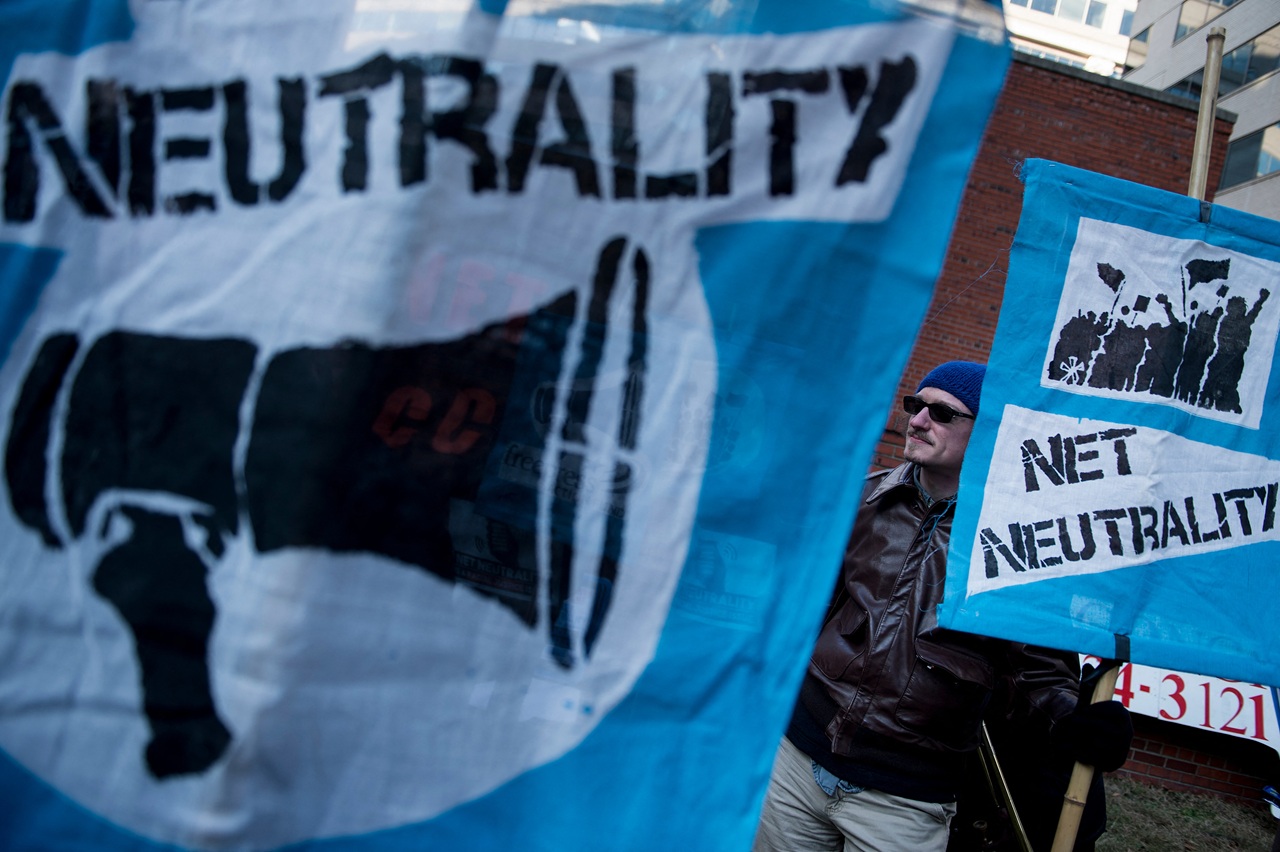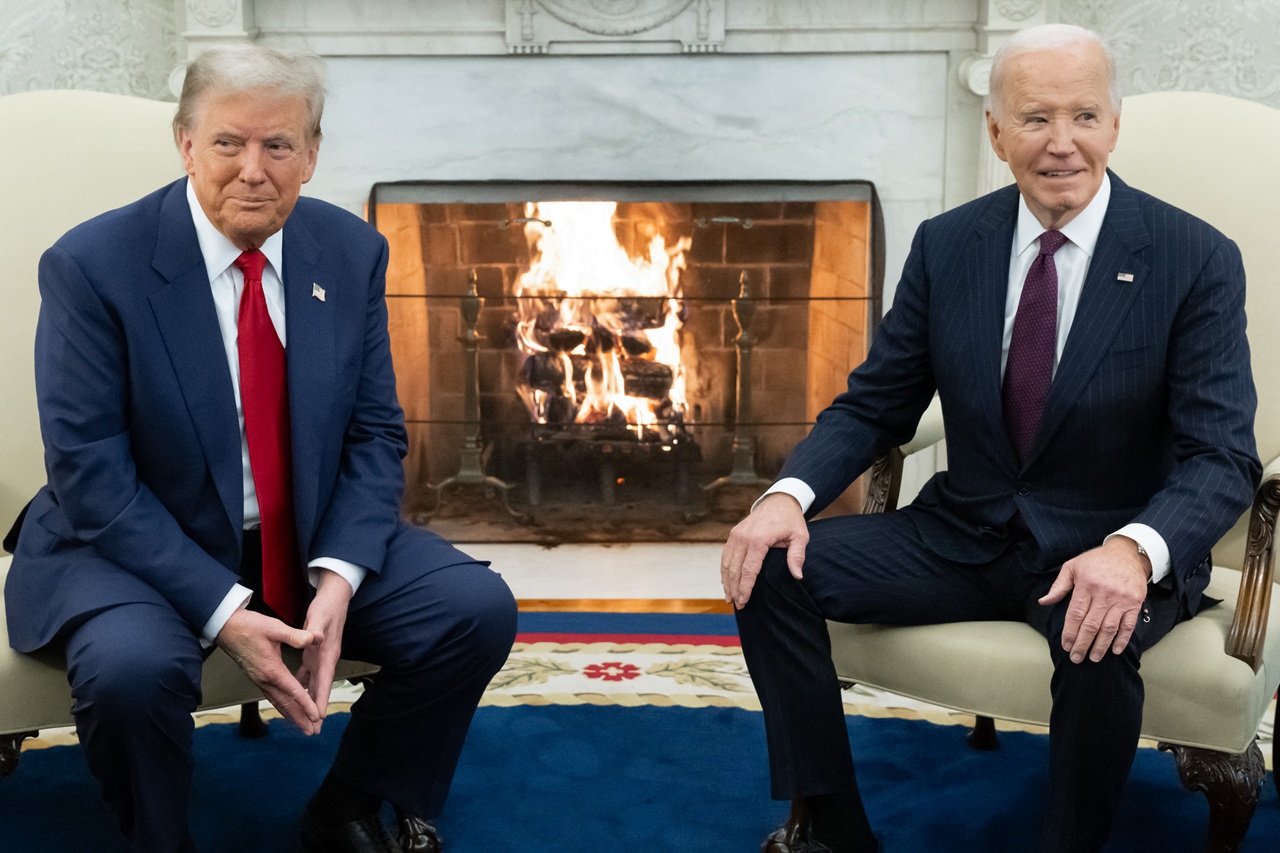
The Black Clergy of Philadelphia and Vicinity releases multi-tiered plan to curb the city’s gun violence
The Black Clergy of Philadelphia and Vicinity has unveiled a multi-tiered plan to address and work towards solutions for the ongoing epidemic of gun violence in the city.
The plan comes as more than 100 people in the city have lost their lives to this very issue since Jan. 1, 2021.
One man in particular, Jamal Johnson, was so fed up with the problem and the city’s lack of assistance that he committed himself to standing outside City Hall for days on end, calling for change through his megaphone.
The 63-year-old Marine veteran even went on a hunger strike to the point that he looked visibly gaunt as he conducted his daily one-man rallies.
Jamal Johnson is back on hunger strike, demanding Kenney take action on gun violence https://t.co/v8SbnWvVwb pic.twitter.com/wtRkFwX40v
— Billy Penn (@billy_penn) March 2, 2021
While Johnson was just one person, standing on the streets and begging for help, he’s not the only Philadelphia resident that is frustrated and afraid of being the next victim.
Rev. Gregory Holston, chairman of the Criminal Justice Reform and Violence Prevention Committee for the clergy group, said the epidemic of gun violence is “spreading like a virus.”
During a news conference at Janes Memorial United Methodist Church on Thursday, March 18, Holston expanded more on how dire this threat really is.
“It’s spreading to our children and our young people who are picking up the habits and the culture and the anger and the hostility that is happening in their own community and they are picking it up and spreading it, one to another,” the Reverend said.
Holston stressed that intervention needs to start early in the lives of children so the virus of gun violence can end.
“Those who are engaged in this violence right now, we need to do things to restore them, to transform them, to change their lives and give them hope,” he said.
Holston also explained that so much of this murder and destructive behavior is derived from a sense of hopelessnes, and that it’s our responsibility as a community to give children the light and assurance they need to choose a better path.
CONTENIDO RELACIONADO
One-third of the shooting victims this year have been under the age of 18, according to a report by the Philadelphia Inquirer. This is a sharp increase from the number of victims killed in all of last year.
Knowing full well of the risks towards the city’s youth, the Black clergy group has laid out four recommendations to help curb the violence.
The group wants to work with City Council, District Attorney Larry Krasner, Mayor Jim Kenney, and state and federal elected officials to establish a public-private partnership to raise $100 million for grassroots organizations that offer community-based solutions to city violence.
They recommended that Kenney appoint a czar or deputy mayor to comprehensively address eradicating this violence. Rev. Holston explained that this person should be given the power to summon all municipal government and city officials that are in charge of public safety.
The organization also pleaded with officials to advance the fight in Harrisburg for city schools to receive their fair share of funding. Holston pointed out that Gov. Tom Wolf has already put in his budget a plan to give Philadelphia an additional $400 million in funds for its schools.
... But worlds apart in terms of funding and resources for students. @GovernorTomWolf's budget proposal would address those inequities and begin running all school funding through the fair funding formula. This is much needed for children across the commonwealth. pic.twitter.com/StKZxck75T
— SenatorHughesOffice (@SenHughesOffice) March 18, 2021
Holson said this is necessary because fair funding and improved education is vital if gun violence in the community is to end.
The Black clergy group also called for the development of a Philadelphia Marshall Plan to rebuild the city, which was impacted economically after losing thousands of factory jobs.
City Councilmember Jamie Gauthier, praised the group’s plan to address gun violence.
“This is a public health emergency, a public safety priority and a racial justice all wrapped up in one and this is no simple fix and while we most definitely need to address the long-term root causes of this violence, our communities cannot wait,” Gauthier said.










DEJE UN COMENTARIO:
¡Únete a la discusión! Deja un comentario.